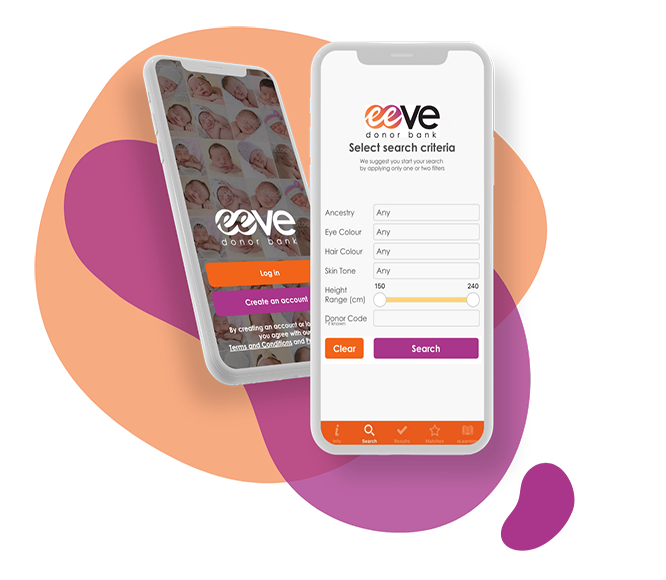Intracytoplasmic Sperm Injection (ICSI)
Intracytoplasmic Sperm Injection (ICSI) is a specialised form of In Vitro Fertlisation (IVF) that involves the injection of a single sperm directly into a mature egg. Frozen donor eggs require ICSI insemination procedure due to the vitrification processes involved in egg freezing. ICSI is also used for the treatment of severe cases of male infertility.
Thanks to our partnership with City Fertility, at Eeve Donor Bank we use a medium named Sperm Slow™ during sperm selection. This medium contains hyaluronan (HA), which binds sperm that are more likely to have normal DNA, and thus allows selection of these bound sperm for injection. By selecting the sperm that are bound to HA and using them for ICSI, the embryologists are preferentially using the better-quality, more mature sperm. Please note that, while this technique using HA is standard practice, it may not be suitable in every case depending on individual circumstances

Who is ICSI-IVF recommended for?
ICSI-IVF is recommended for couples or individuals using frozen eggs in their treatment. It is also recommended for those who have had poor or no fertilisation during standard IVF, as well as men who have:
- Poor sperm morphology (abnormally shaped sperm).
- Poor sperm motility (slow moving).
- A low sperm count.
- An obstruction such as a vasectomy, which prevents sperm release.
- Antisperm antibodies (antibodies that are produced by the man’s body and may inhibit sperm function).
- A vasectomy reversal that was unsuccessful or resulted in a low sperm count or poor-quality sperm.
Got questions?
Our team will be with you every step of the way to provide you with further information. Simply get in touch by emailing us at contact@eevedonorbank.com.au.



